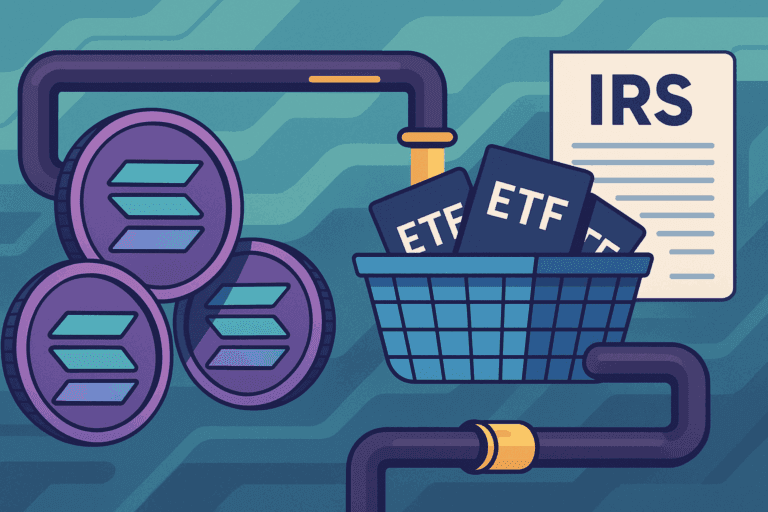Why Tokenized Public Equities on Solana Signal a New Market Phase
Galaxy and Superstate just put SEC-registered public equity on Solana. That is not a headline about the distant future. It is a live pathway for compliant, programmable ownership with near-instant settlement and a road toward 24/7 markets. This is the kind of milestone that separates hype cycles from durable progress.
The signal, not the noise
Memecoins will continue to dominate timelines, and some traders will make life-changing money. The real shift is happening under the surface. Teams like Galaxy and Superstate are stitching together compliant issuance, identity-aware transfer rules, and audit-ready record-keeping. The work is quiet, cumulative, and hard to unwind once it takes hold.
Why this is different from past “tokenization” headlines
The RWA headlines were everywhere last year, and most early attempts offered wrapped exposure or synthetic mirrors. Here, the token represents actual registered shares, with a transfer agent updating the official registry as tokens move between approved participants. Legal ownership and onchain movement stay in sync. That alignment is the breakthrough.
What changed
- Legal equivalence: The token is the share. Not a derivative.
- Programmability with guardrails: Onchain rules can enforce who can hold or receive, without sacrificing compliance.
- Near-instant settlement: Faster books and records today, and a credible path toward true market availability around the clock as rules mature.
Why Solana
Throughput, low latency, and mature tooling make Solana a practical venue for real-time updates. This is performance in service of compliance. You get the speed needed for transfer-agent grade state changes, not speed for its own sake.
“Meme season” can coexist with market plumbing
Speculation and infrastructure are not enemies. The frontier pushes boundaries. The institutions professionalize them. The combination is how new rails become the default. Tokenized public shares on Solana show both sides can move in parallel.
What this likely unlocks over the next year
- Issuer-involved tokenization becomes normal for a subset of public companies, especially crypto-native or fintech-heavy names.
- Operational convergence across cap tables, transfer agents, custodians, and subledgers. Fewer breaks between onchain events and official records.
- Incremental venue access from peer-to-peer settlement toward curated marketplaces, once rulebooks catch up.
Galaxy’s forward-looking language sets a clear direction: together with Superstate, they are exploring how tokenized public equities could trade via Automated Market Makers in a regulatory-compliant manner, aligned with the SEC’s broader Project Crypto innovation agenda. If regulators clear a path, GLXY tokens and future Opening Bell listings could be made available on AMMs and other DeFi venues, expanding liquidity and utility for issuers and investors. Galaxy also flags that this is forward-looking and subject to regulatory outcomes and other risks outlined in its SEC filings, so timelines and scope can change.
Where NODE40 fits
Our focus is operational clarity at scale. When assets live onchain, the only defensible approach is precise, programmatic tracking that ties wallet activity to legal ownership and policy controls. That is the difference between reports you can publish and reports you can defend.
Sources
Galaxy investor release, “Galaxy and Superstate Launch GLXY Tokenized Public Shares on Solana”
Barron’s overview on significance and early adoption context.
CoinDesk coverage of the SEC-registered token launch on Solana via Opening Bell.
Cointelegraph note on first Nasdaq-listed company tokenizing shares on Solana.



